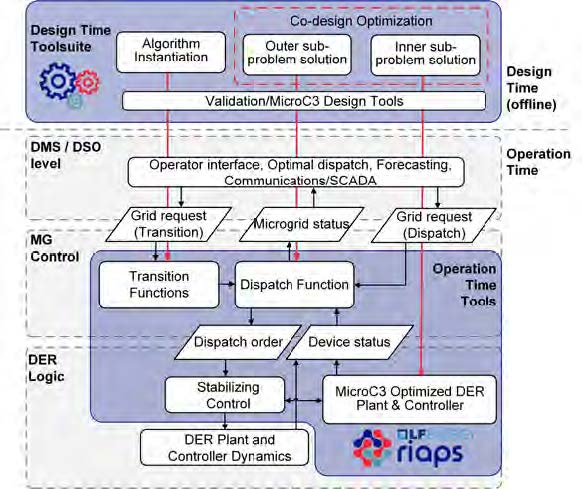TDOT RDS Data Quality Assurance and High-Resolution Content Enhancement
The project focuses on addressing data quality and integrity challenges in the use of roadside radar detector data, the primary source of fixed sensor traffic data in Tennessee. The project aims to standardize sensor configurations, audit data quality, and establish a robust framework for roadside radar data utilization.
 Today’s microgrids are one-off configurations of commercially available equipment and some custom software that implements some microgrid control functions, as well as integrates the components.
Today’s microgrids are one-off configurations of commercially available equipment and some custom software that implements some microgrid control functions, as well as integrates the components.